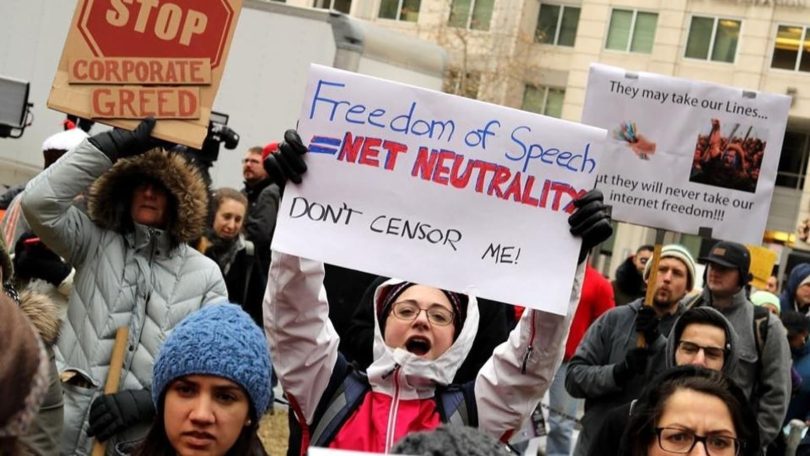[ad_1]
Rajeev Chandrasekhar, the Minister of State for Electronics and Information Technology (MeitY), has extended his support for net neutrality amid discussions about telecom operators pitching for charging extra fees to over-the-top content players.

Chandrasekhar, on Saturday, in a post on X said, “Net Neutrality in India was a hard-fought battle for those who remember – which started during UPA govt and peaked in 2015/2016. I led an effort where over 5 lakh Indians wrote to TRAI opposing efforts of some Telcos to cabelize the Internet & double dip/charge.”
ALSO READ: How Zuckerberg’s Free Basics lost to net neutrality in India
What is net neutrality?
Net neutrality in simple terms means that the internet should treat all information equally, regardless of its content, application, service, device, sender, or recipient, as per the Department of Telecommunications.
Read opinion piece: Upholding principles of network neutrality
What is the recent controversy?
Telecom companies like Airtel, Jio, and Vodafone Idea have asked the Telecom Regulatory Authority of India (TRAI) to allow them to charge OTT services a “network usage fee” based on factors like traffic and the number of users.
Telcos say OTT services like Netflix, Amazon Prime Video consume a significant bandwidth, they should compensate them for undertaking vast expenses to develop massive telecom infrastructure networks.
Against this, earlier this week, founders and leaders of numerous startups, including Zerodha’s Nithin Kamath and Paytm’s Vijay Shekhar Sharma, wrote a letter to TRAI supporting net neutrality and warning against “over-regulation” of internet services categorised as OTT services.
The letter said, “The suggested form of regulatory framework, where TSPs essentially have the power to tilt the playing field to favour one website/ application/ service or another, will inevitably lead to discrimination, non-level playing field, entry barriers, and increased compliance burden.”
Points and counterpoints
The Internet and Mobile Association of India (IAMAI) said that any revenue-sharing mechanism between OTTs and telecom service providers would violate the net neutrality framework. “It would essentially mean charging twice for the same service as consumers already pay telecom service providers (TSPs) for the data they consume,” the industry body said.
Telecom companies, represented by the Cellular Operators Association of India (COAI), believe they should be allowed to levy network usage fees on OTT application services to enable their digital traffic. COAI Director General Lt Gen SP Kochhar argued that charging such fees wouldn’t violate net neutrality.
Inputs from wires
 Subscribe today by clicking the link and stay updated with the latest news!” Click here!
Subscribe today by clicking the link and stay updated with the latest news!” Click here![ad_2]
Source link








